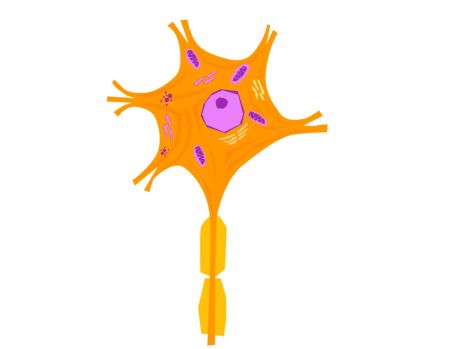The cellular mechanisms of Parkinson's disease

Neuron_-_Nerve_Cell
By Doctor Jana (http://doctorjana.github.io/Brain/#/neuron) [CC BY 4.0 (http://creativecommons.org/licenses/by/4.0)], via Wikimedia Commons
Impaired functioning of parkin (protein) causes Parkinson's disease (PD) but, until now, the cellular mechanisms were unclear. EU-supported scientists are shedding light on the issue with important implications for targeted therapies.
Parkin, also known as Parkinson protein 2 (PARK2), is an enzyme that
mediates the binding of damaged and excess proteins with molecules
called ubiquitin. Ubiquitin acts as a tag, a signal to deport the
unwanted proteins to proteasomes where they are degraded. Researchers
have identified over 200 mutations in the parkin gene that cause PD.
Most of these mutations have been associated with the
autosomal-recessive form of juvenile Parkinson's (AR-JP).
Preliminary investigations indicated that parkin impairment leads to an accumulation of RTP801, a protein associated with neuron death. Scientists are pursuing this line of inquiry with EU funding of the RTP801 PARKIN (RTP801, a negative regulator of mTOR and AKT, as a target of parkin) project.
The scientists investigated if RTP801 is a substrate of parkin and whether parkin impairment leads to toxic accumulation of RTP801, contributing to neurodegeneration. In addition, they investigated the potential involvement of two important survival kinases – rapamycin (mTOR) and protein kinase B (also called PKB or Akt). In PD models, RTP801 upregulation was found to cause both kinases inactivation resulting in neuronal death.
Important progress in elucidating the interrelationships of parkin, RTP801 and the survival kinases has been made. Parkin knockdown and over expression of inactive parkin mutants elevated RTP801 in sympathetic neurons and neuronal PC12 cells, whereas ectopic parkin enhanced preparation for RTP801 degradation. Moreover, in parkin knockout mouse brains, in human fibroblasts from AR-JP patients with parkin mutations and in nigral neurons from AR-JP and sporadic PD patients’ brains (see figure), RTP801 levels were elevated.
A potential physiological role for parkin-mediated RTP801 degradation is that parkin protects nerve cells from death caused by RTP801 overexpression by mediating its degradation. However, lowered parkin levels or loss-of-function exacerbates neuronal death.
All results support the hypothesis that RTP801 is a parkin substrate. The increase in RTP801 likely leads to neurodegeneration in AR-JP and sporadic PD patients, given that RTP801 negatively regulates the survival kinases — mTOR and Akt.
Deeper and more detailed understanding of neuronal degeneration mechanisms is critical to the development of effective therapeutic approaches to promote nerve cell survival. RTP801 PARKIN has made an important contribution towards this goal that should have significant benefits for patients afflicted with PD.
published: 2016-02-15

